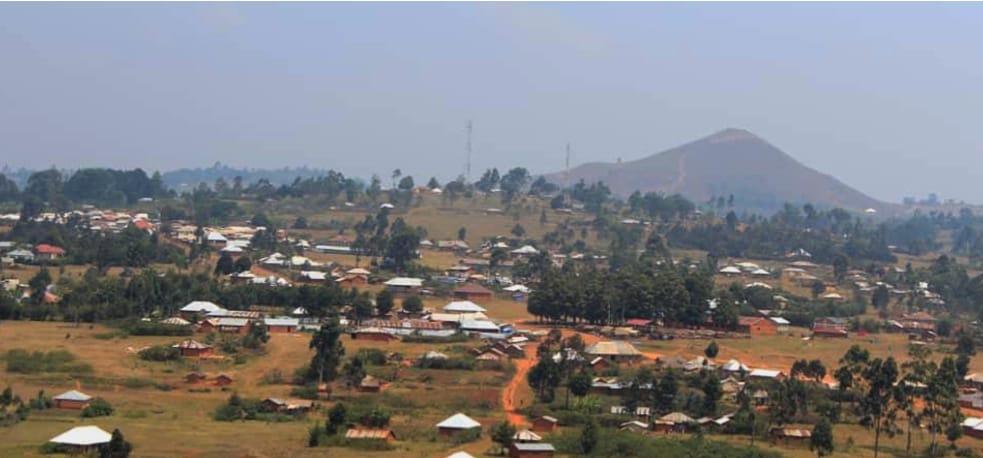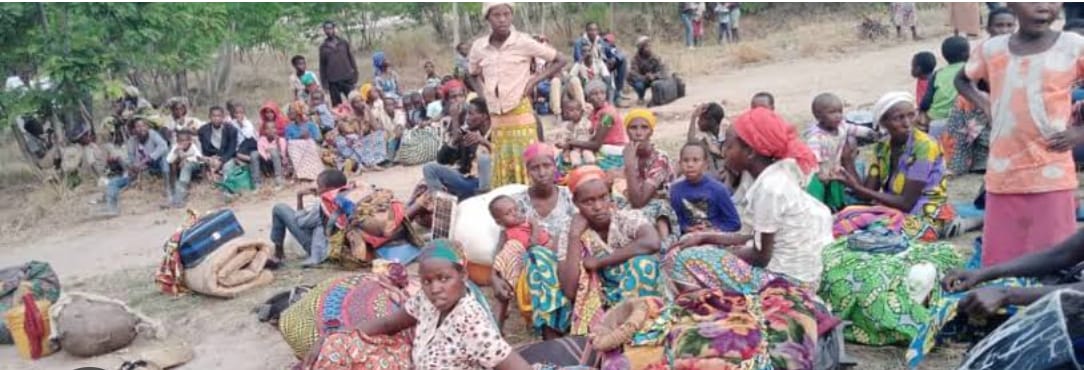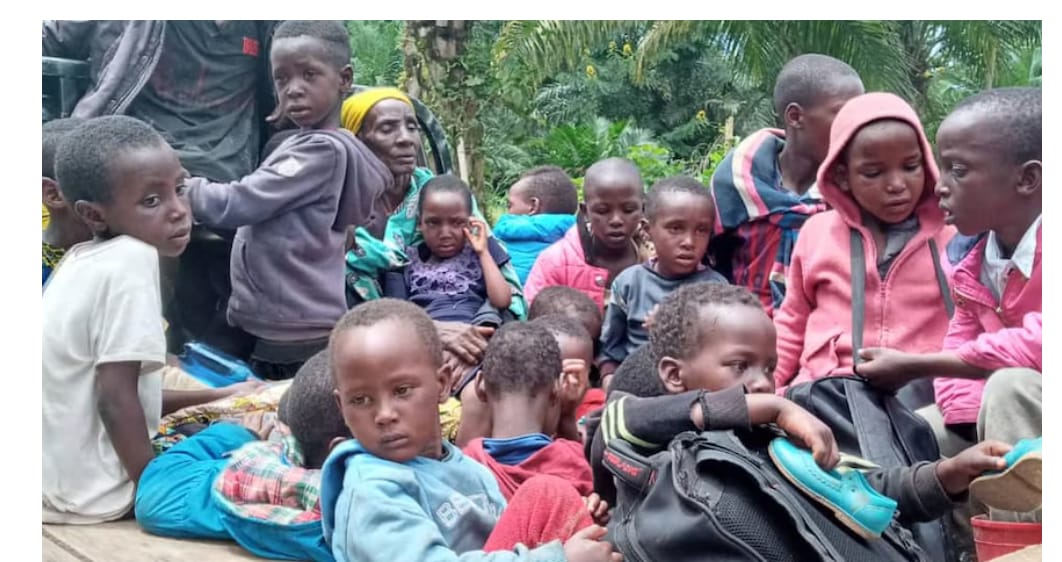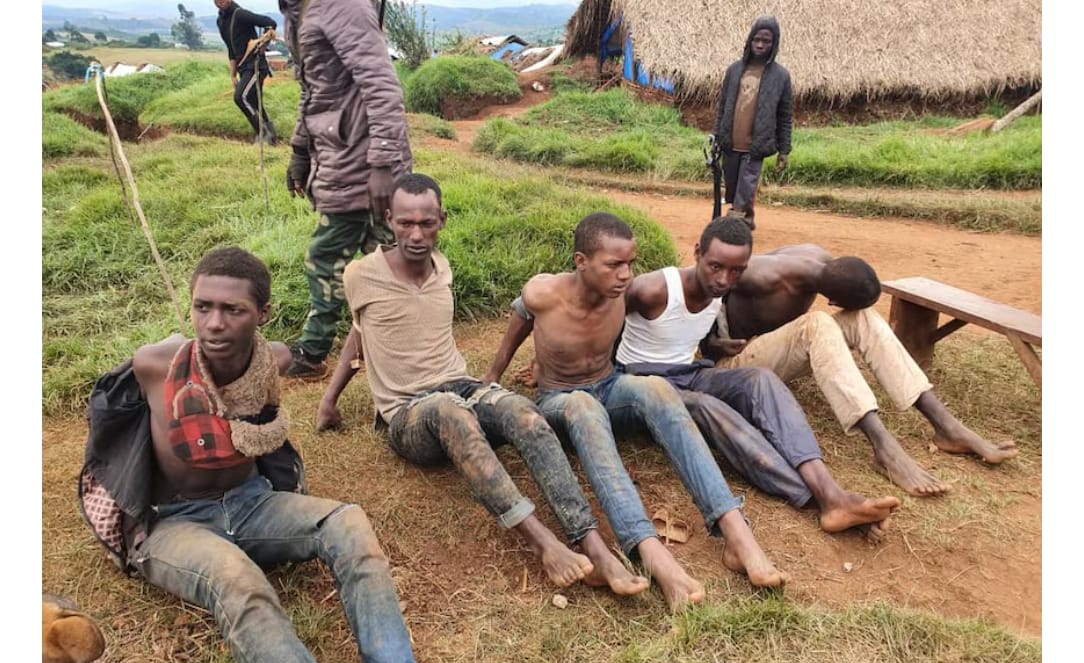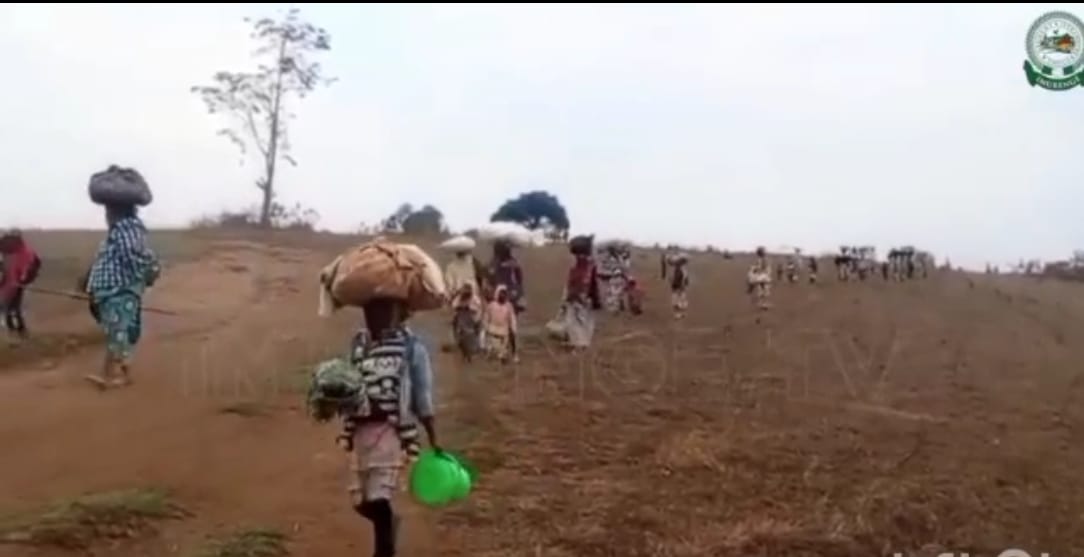The Democratic Republic of Congo’s South Kivu province is facing a deepening humanitarian and security crisis, with the Banyamulenge community at the center of decades-long ethnic and political tensions.
In an exclusive phone interview with SBS World News, CEO-Officer Jean de Dieu, the Ambassador of Peace for the Banyamulenge community in Australia and a leading member of MRND-Twirwaneho, issued an urgent appeal to both the Congolese government and the international community to take decisive action to prevent what he describes as «a tragedy unfolding in plain sight.»
Ceo-officer Jean de Dieu began by reflecting on the historical roots of the crisis.
“The Banyamulenge are a small, pastoralist community who have lived in the highlands of South Kivu for centuries,” he said. “Over time, our history has been misunderstood and politicized. We have been treated as outsiders, even though we are deeply rooted in Congolese soil. This has led to decades of discrimination, hate speech, and cycles of violence.”

For many Banyamulenge families, these historical wounds have turned into a modern-day nightmare. Villages have been burned, families separated, and thousands displaced. Speaking with evident emotion, CEO-Officer Jean de Dieu shared a story that underscores the human cost of the crisis.
“It’s not just about statistics these are real lives, real families,” he said. “I recently spoke with a mother who fled her village with her children. They walked for days, terrified and exhausted, just to find safety. Her story is one of many, and it is heartbreaking.”
While the government of President Félix Tshisekedi has publicly spoken about peace and national unity, CEO-Officer Jean de Dieu argued that words have not been matched with sufficient action.
“The government has a constitutional responsibility to protect all its citizens, including the Banyamulenge,” he said. “President Tshisekedi has talked about peace, which I appreciate, but time is running out. We need strong policies, accountability for those who commit atrocities, and genuine efforts to bring communities together.”
He warned that political interests and ethnic divisions continue to influence how different communities are treated, further undermining trust in state institutions.
“When politics are used to divide rather than unite, violence becomes almost inevitable,” he explained. “For the Banyamulenge, this has meant exclusion from decision-making and even being portrayed as enemies of the state, which is simply not true. My message to our leaders is simple: unity is strength.”
The crisis has also been complicated by the presence of foreign forces, particularly Burundian troops allegedly operating within Congolese territory. According to CEO-Officer Jean de Dieu, these interventions have deepened instability rather than bringing peace.
“There are credible reports of Burundian forces crossing into South Kivu,” he said. “Instead of improving security, these actions have created more fear and tension among civilians. The Congolese government must assert sovereignty and ensure that any foreign involvement respects human rights and national laws.”
Relations with neighboring countries such as Burundi and Rwanda remain sensitive. Jean de Dieu emphasized the need for regional cooperation rather than rivalry.
“Our region is deeply interconnected,” he noted. “Instability in one country quickly spills into another. The only way forward is through honest dialogue and cooperation. Borders should be bridges of peace, not battle lines.”
The Banyamulenge crisis has also drawn attention to the role of military leaders operating in South Kivu, including General Olivier Gasita and General Masunzu. CEO-Officer Jean de Dieu stressed that military figures must be held to account for their actions.
“While I respect the role of the military in defending our country, there must be transparency and accountability,” he said. “If leaders fail to protect civilians or are complicit in abuses, it only deepens mistrust.”
When asked about General Masunzu’s historical role, CEO-Officer Jean de Dieu described him as a complicated figure.
“He was once seen as a defender of the Banyamulenge, but over time, his legacy has become more controversial. My focus now is not on individuals, but on building systems where no community has to depend on a single person for its survival.”
As Ambassador of Peace, CEO-Officer Jean de Dieu outlined a clear vision for breaking the cycle of violence.
“Peace begins with justice and dialogue,” he said firmly. “There must be accountability for crimes against civilians, meaningful reconciliation between communities, and international support for peacebuilding not just in words, but with real resources.”
In closing, CEO-Officer Jean de Dieu delivered a heartfelt appeal to the international community, urging them not to ignore the plight of his people.
“Please do not look away,” he said. “The Banyamulenge are a small community, but our pain is real. We need humanitarian aid for those displaced, diplomatic pressure to stop the violence, and long-term support to rebuild our lives. Silence is not neutrality silence only empowers those who destroy.”
His message was one of hope despite immense suffering.
“My greatest dream is that our children will grow up in a South Kivu where they no longer fear for their lives, but instead dream of a future filled with peace and opportunity.”
The interview highlights the growing urgency of South Kivu’s crisis. With the world’s attention often focused elsewhere, the Banyamulenge community faces an existential threat that, if unaddressed, could destabilize the entire region. Jean de Dieu’s words are a reminder that peace is still possible but only if both local leaders and the international community act before it is too late.
